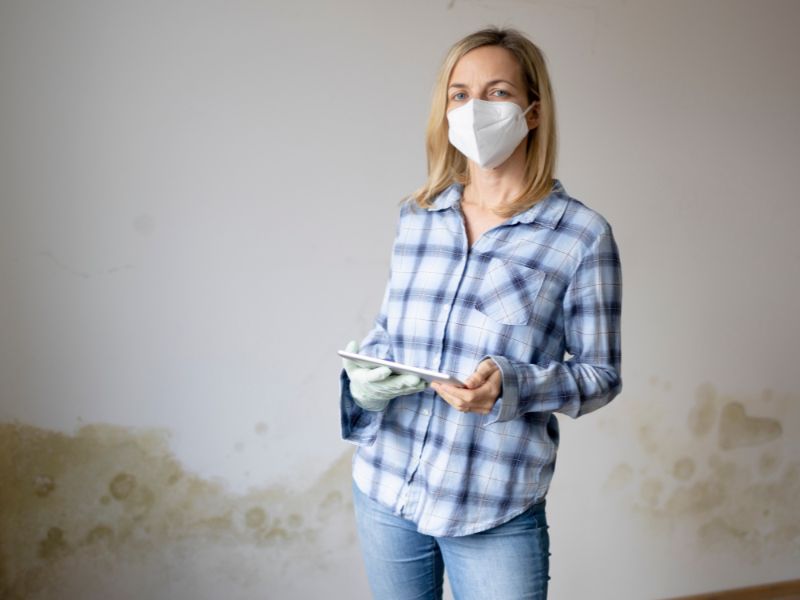
Mold Exposure Testing and Treatment
MOLD TOXICITY
At Nava Health, we understand the debilitating effects of mold exposure and provide comprehensive mold exposure testing and treatment services. Our team of experienced integrative healthcare professionals will guide you through every step, from advanced testing identifying mold types to treatment programs to help restore your health.
Mold toxins can cause a very long list of health problems. From suppressing our immune system, causing developmental issues in our children to leaky gut syndrome and more.
Mold can thrive in your home, workplace, or even food and drinks. Symptoms of mold exposure can include sneezing, coughing, congestion, itchy eyes, asthma-like symptoms, postnasal drip, wheezing, chest tightness, skin irritation, headaches, fatigue, and brain fog.
Mold Testing: Uncovering the Hidden Threat
Our comprehensive mold exposure testing will provide valuable insights into the extent of its potential impact on your health.
- Expert care: Our team of experienced integrative medical practitioners possesses in-depth knowledge of mold exposure and its health implications
- Root cause approach: We address the root causes of mold-related health issues, not just the symptoms, layering complementary treatments to ensure we manage every aspect of your mold exposure
- Personalized treatment plans: We tailor our therapies to your unique needs and health profile
- Commitment to your well-being: Your health and a positive outcome are our priorities.
Symptoms of Mold Toxicity:
- History of mold exposure in homes, dorms, workplaces, and cars (Intake)
- Asthma attack (in individuals with underlying reactive airway disease)
- Skin rashes with or without food intolerances
- Suspected Mast Cell Activation Syndrome and histamine issues
- Chronic sinus infections, sneezing, nasal congestion, runny nose, and irritation.
- Pressure headaches, migraines
- Sore throat, coughing, shortness of breath, postnasal drip, clearing throat
- Fatigue, insomnia, memory loss, trouble concentrating
- Allergic Conjunctivitis
- GI issues
- Brain fog, depression
- Sleep disturbances
- Persistent IBS symptoms after Gut Restore or other targeted interventions
Mold can thrive in your home, workplace, or even food and drinks. Symptoms of mold exposure can include sneezing, coughing, congestion, itchy eyes, asthma-like symptoms, postnasal drip, wheezing, chest tightness, skin irritation, headaches, fatigue, and brain fog.
Mold Exposure Treatment: Reclaiming Your Health
If mold exposure is confirmed, our integrative medical practitioners will work closely with you to develop a personalized treatment plan tailored to your specific needs. Our integrative medical approach may include:
- Supportive therapies: Nutritional supplements, herbal remedies, and lifestyle modifications to enhance your body’s natural detoxification processes.
- Treatment and recovery: Prescribed medications to overcome and eradicate symptoms of mold toxins and their accompanying symptoms.
- Antifungal treatments: Nutritional interventions, antifungal medications, natural antifungals
Take the First Step Towards a Healthier You
Don’t let mold exposure control your life. Contact Nava Health today to schedule a mold exposure consultation and embark on your journey towards renewed health. Our expert team is here to guide you every step of the way.
Call Nava Health today at (800)-762-6282 or visit our website and have a scheduling coordinator contact you (link to form) to schedule a mold exposure consultation.
Having a Great Experience With Nava Pays Back
If you have a great experience with Nava, spread the word, and you can rack up NavaRewards. With NavaRewards, you’ll receive NavaRewards for every referral who keeps their appointment. Learn more about NavaRewards.